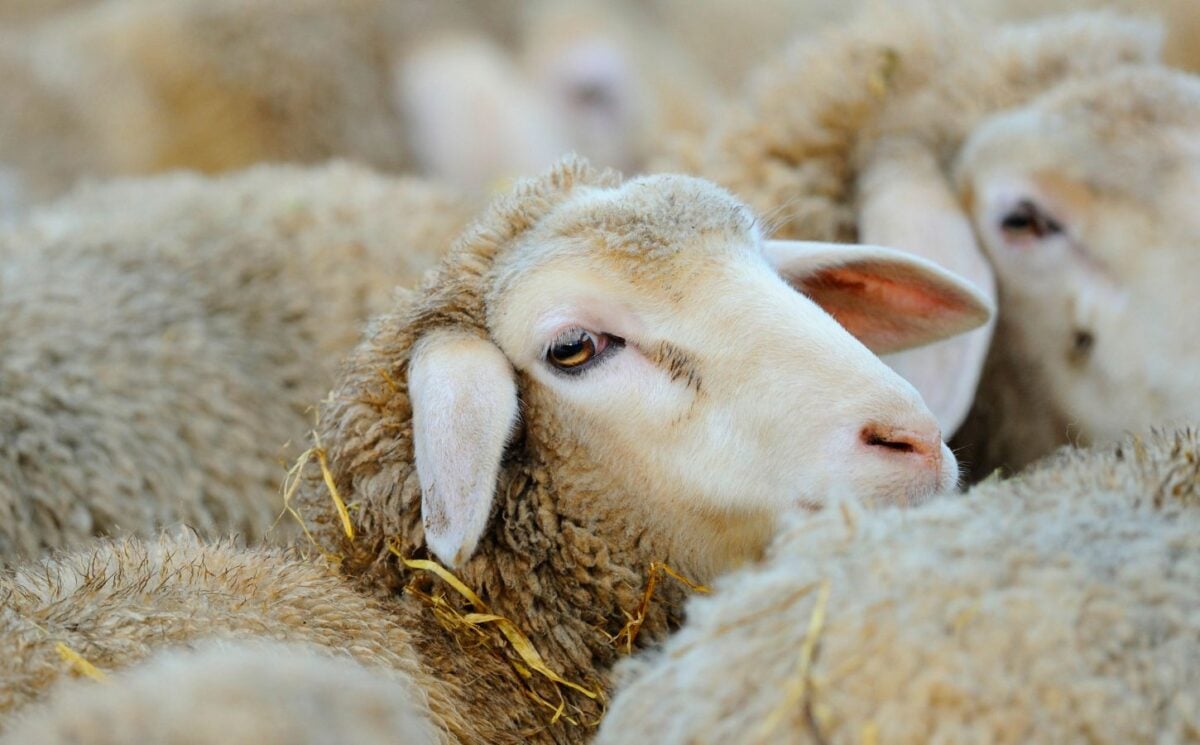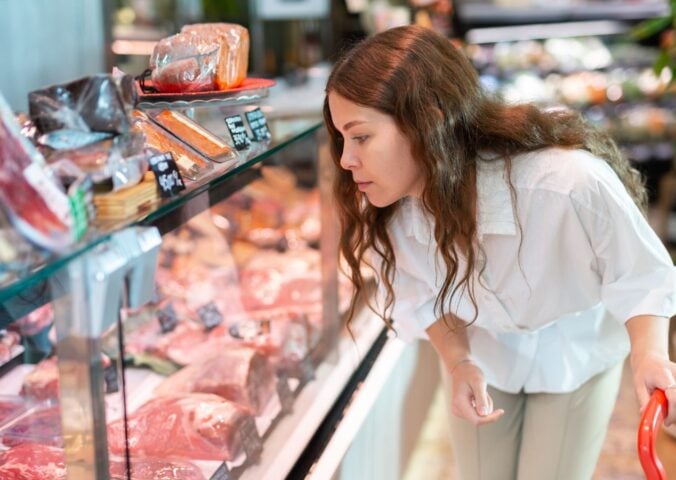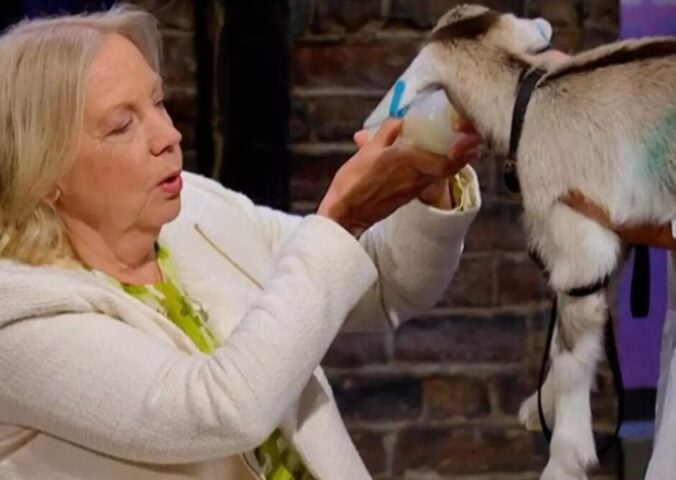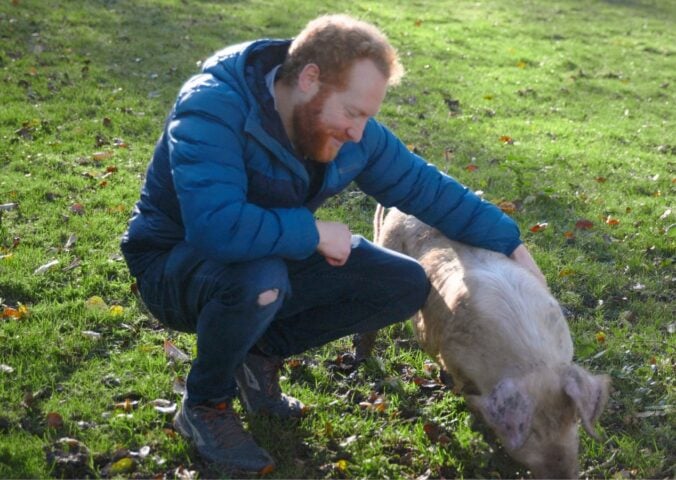A live export ship transporting 16,000 sheeps* and cows from Australia to Israel has been stranded at sea for one month.
Having completed the journey to the Red Sea, the Australian Department of Agriculture, Fisheries and Forestry said the MV Bahijah ship had been ordered to return to Australia due to a “worsening security situation.” The vessel has since been stranded at an Australian port in the country’s sweltering summer heatwave.
Live animal export is widely seen as a cruel practice that inflicts unnecessary suffering on animals. In recent years, New Zealand and Brazil have banned live exports.
Despite campaigners’ efforts, the Australian government has not changed its tune. Even before finding a solution for the stranded 16,000 sheeps and cows, the Agriculture Minister has allowed an even larger shipment of around 60,000 animals to set sail for Jordan.
Sheeps and cows stranded at sea
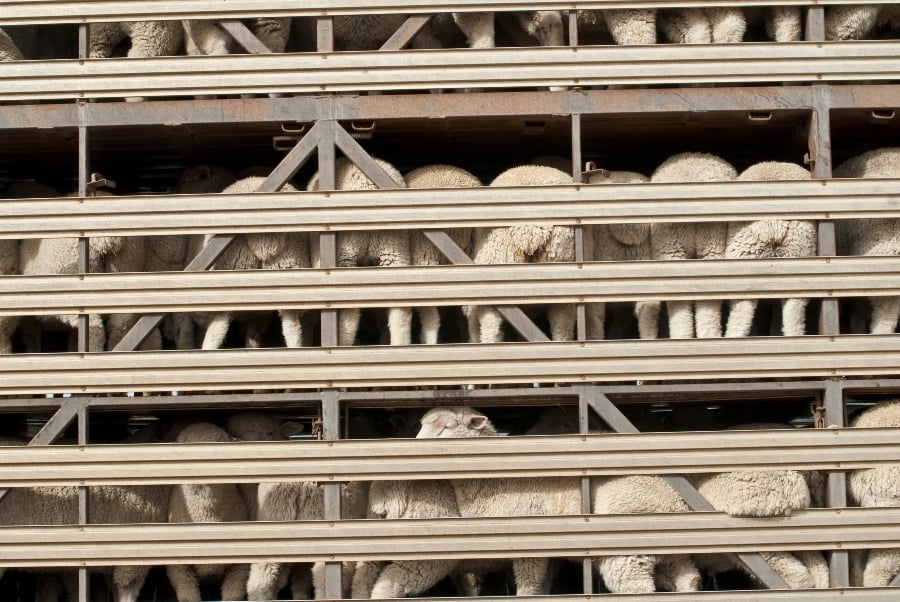
The animals have been on the ship since January 5. Animal welfare specialists have described the appalling conditions the animals will be experiencing, with temperatures are as high as 40C. Moreover, the young animals, confined to overcrowded conditions, are still growing, making the space increasingly cramped.
Suzanne Fowler, Chief Science Officer at the RSPCA Australia, told CNN that “we couldn’t be more gravely concerned.” She added: “The stress of the animals is only going to yield in the coming days and that sense of fatigue where they can’t cope anymore, will only worsen.” She also warned of the disease risk that confinement and the high temperatures create. “A lot of these diseases you won’t see until it’s too late,” she added.
After making the journey to the Red Sea, officials instructed the vessel to turn back and dock in Western Australia. Since returning, the government has been unwilling to let the animals disembark due to “biosecurity risks.” Ministers are also reportedly blocking the re-export of the animals.
John Hassell, president of the Western Australian Farmers Federation, had little sympathy for the suffering animals. He suggested they should be re-exported so long as “the animals are in good nick,” according to ITV.
End live export
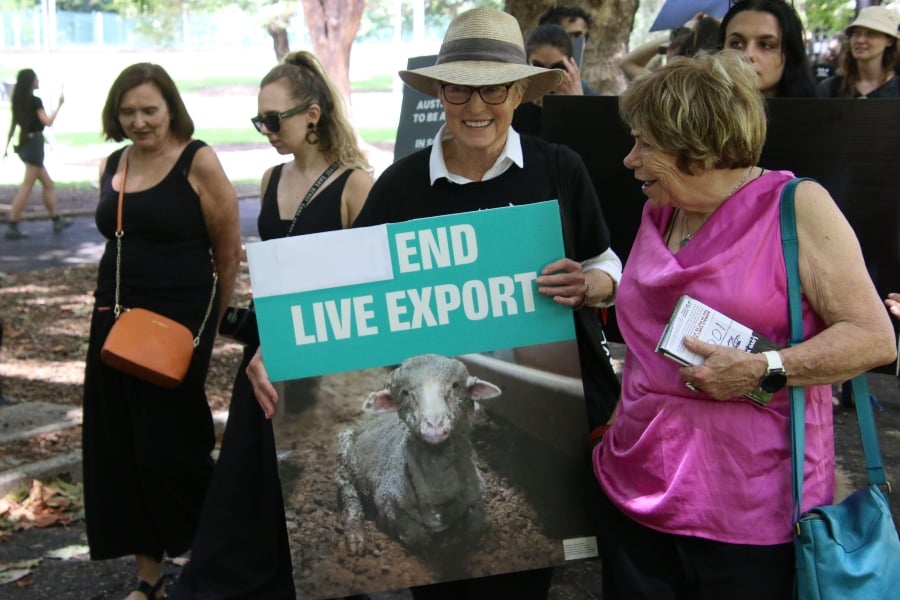
Exporting live animals is now recognized as a cruel practice by countries around the world. Yet, millions of animals still endure journeys of thousands of miles each year. The effects of live export include dehydration, stress, hunger, and overcrowding. As a result, many animals die before they reach their destination.
In 2022, Australia’s Labor party stated that, if it were to win that year’s federal election, it would put an end to the country’s live sheep export industry. It won a majority for the first time since 2007. Two years later, the country is closer to following in New Zealand’s footsteps and ending live export. The government reaffirmed its commitment last year.
However, progress has been slow. Following a review by an independent panel, it was confirmed that the phase out “will not take place during this current term of the Australian Parliament.” The government stated that this delay would “provide time for individuals and businesses to prepare for a transition away from live sheep exports by sea.”
While policymakers dither, animals suffer. Undeterred by the month-long suffering of 16,000 sheeps and cows, new shipments are continuing.
*While the English language typically refers to multiple sheeps as “sheep,” we choose to use “sheeps” to emphasize their individuality
